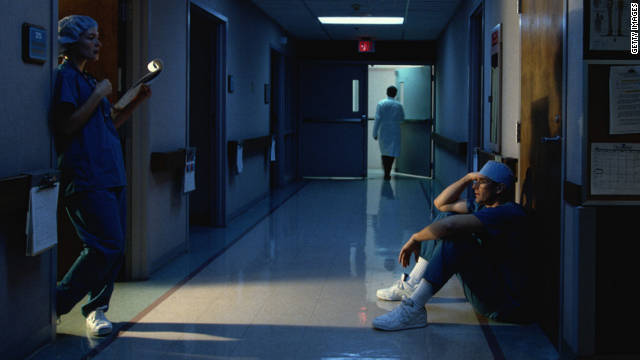Sending this one out to anyone who has spent more time than is healthy in hospitals, as well as everyone who teaches (or recognizes that teachers and nurses are the MVPs of society, the ones who help those with the least –money, resources, hope– stay afloat; the ones who, by doing their often thankless jobs, allow the rest of us to do our jobs. And thanks again to Dumbo Press for showing my poetry some love, Brooklyn style.
Economies of Scale
I’m a survivor, which means I’ve spent time in hospitals, and it also means I’ve left them when certain loved ones haven’t, which means I know hospitals and have learned to hate and appreciate them in ways those who only fear them can’t fathom. I’ve studied hospitals the way inmates count the spots on their jail cell ceilings, crammed as they are into tiny spaces and forced to contemplate all the things they could or should have done differently. Like veterans of other conflicts involving life and death, it’s clear someone has seen certain things the less they wish to discuss them. Having spent time in hospitals helps you know what to look for (nurses) and what to never expect (doctors). And then there are the things you can’t avoid, like the impossible smell of sterilizing agents and bodily fluids battling to eternal stalemate, or the sudden solidarity that accompanies the sight of anyone at any age in slippers, doing laps in silent hallways. Or watching steel trash bins wheeled from room to room, idly calculating the various types of waste being transported. And it seems only poets or economists may invariably find themselves calculating the ratios, wondering how so much can accumulate in one hour, all this pain purposefully packed into tightly sealed bags. How it’s just one floor of one hospital on one city block in a town full of houses and offices and gas stations and restaurants. Then multiplying that mass per zip code and therefore entire states, and therefore countries, and therefore continents, and then wondering where all these things go (Into space? Under the ocean? Increasingly, inside our bodies, plastics and poison recycled like our sins). And then one might get truly carried away pondering the implications of our tiny planet, a pinprick within an ever-expanding cosmos, itself part of some eternal Everything, and that’s not even bringing angels and gods and celestial real estate into the equation. These economies of scale beg many unanswerable questions but, for survivors (particularly during repeat performances), certain conclusions. First: only those fortunate enough to have loved ones suffer this way, and it’s the curious reward of lives spent as well as we’re able: bearing witness as we work with the raw materials we’ve been provided. Second: the only thing, aside from teachers, saving us from utter attenuation is our nurses, who provide a modicum of dignity, helping us avoid messes we’d otherwise make; who remind us that even the dirtiest work we’re obliged to do is always mitigated by someone doing worse, how for every good death there are adult diapers changed and dispensed with, indignities dealt with behind closed doors, and when visiting hours end there are gentle armies patrolling the dark and mostly dormant wards, doling out gifts most of us can afford to ignore.

